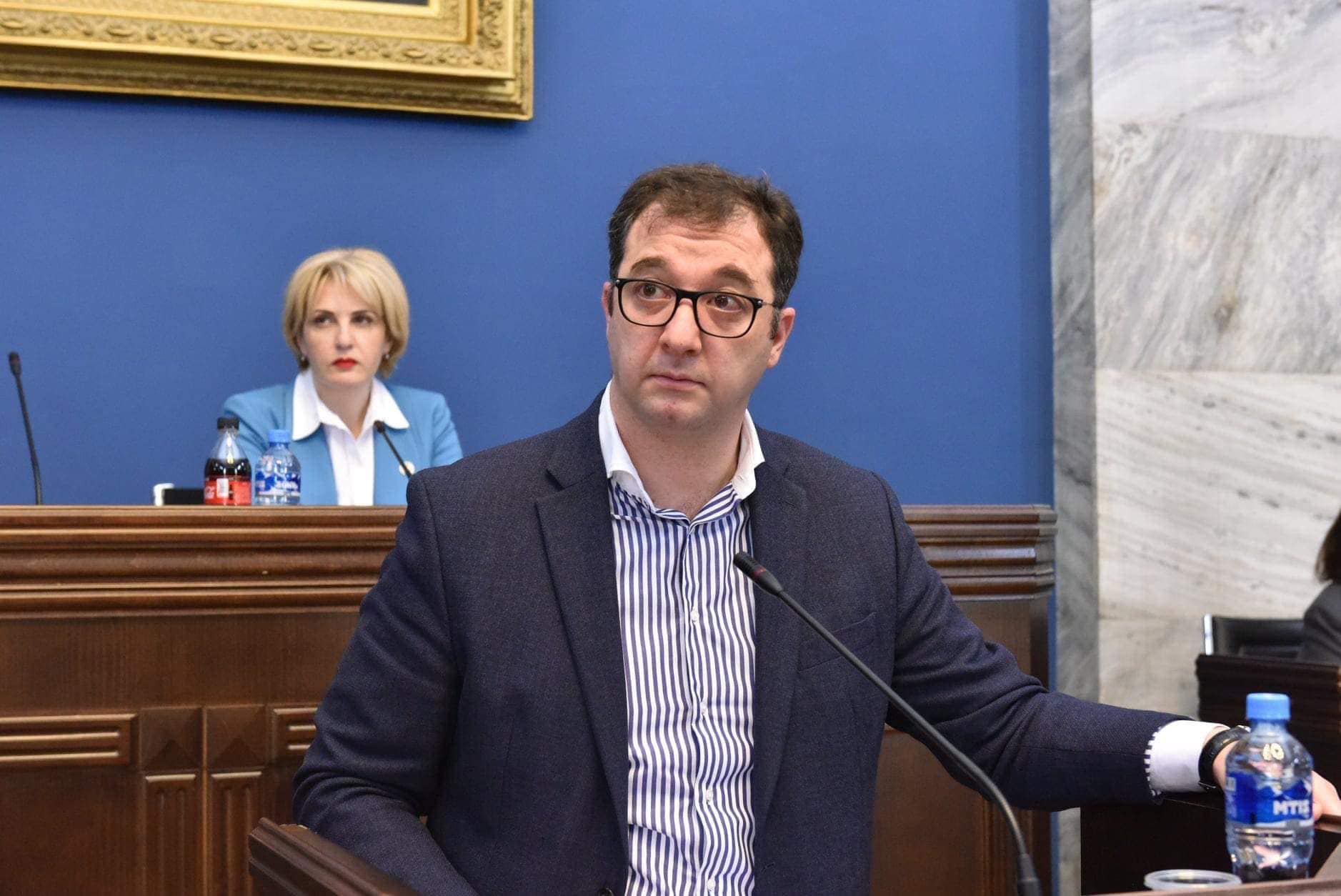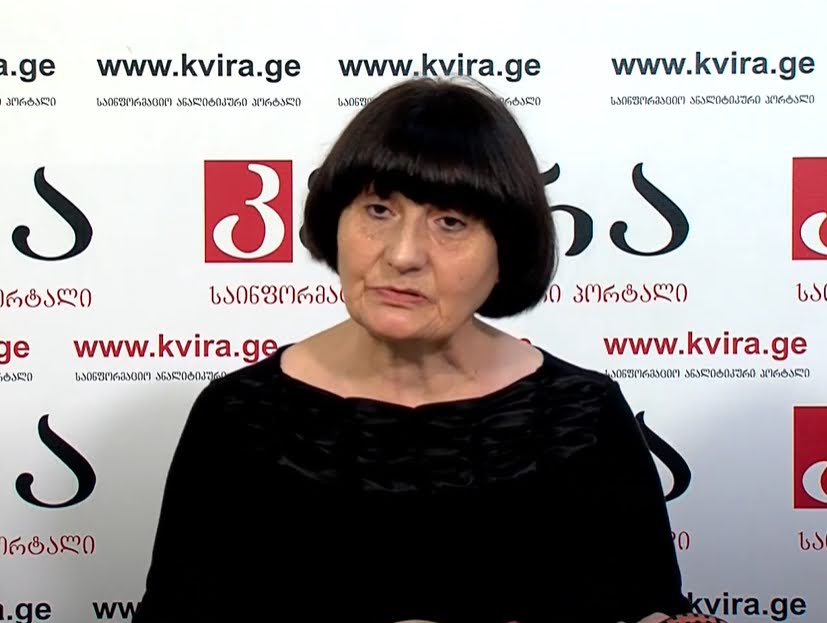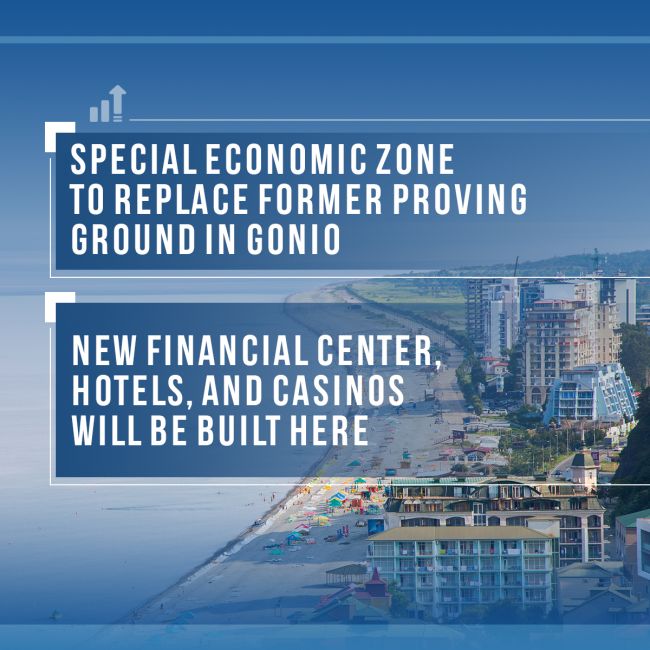
Georgia’s parliament has passed a bill imposing serious restrictions on gambling, including raising the age limit for gambling, banning advertisements, and increasing taxes on the industry.
The law was voted through by the Georgian Dream MPs on Wednesday following expedited hearings in parliament.
Activists have long campaigned for restrictions on gambling in Georgia, pointing to addiction problems, indebtedness, and even suicides linked to problem gambling. Critics, however, have cast doubts about the constitutionality of the new law, and have warned about unintended consequences.
Major TV companies have also claimed that the bill is aimed at curtailing essential advertising revenues.
The package law includes imposing a 10% tax on gross gaming revenue as opposed to the current tax on profits, as well as a 2% tax on winnings.
The new bill will also ban people receiving social benefits as well as public employees from gambling starting from January.
From March, those under 25 will be banned from gambling; the previous law limited slot halls and online gambling to those aged 18 and above, and casinos to those aged 21 and up.
The amendments also ban Georgian bank-issued cards from being used for gambling services registered outside the country, an apparent measure to mitigate the expected migration of operators abroad.
The law also includes a blanket ban on gambling advertisements from March, including physical, online, and broadcast ads. There is an exception for sponsorship banners at sports events, as well as on the clothing of sportspeople.
Major Georgian gambling operators have nonetheless threatened to halt sports sponsorship agreements, alarming the Georgian Football Federation.
Violating the advertising ban will result in ₾10,000 ($3,200) fines, which will doubled if repeated. Gaming operators caught allowing someone ineligible to use their services will face the same fines.

Problem gambling
Several small advocacy groups such as Mothers Against Gambling and the Georgian Gambling Research and Ludomania Prevention Centre, have campaigned in recent years, citing addiction problems, indebtedness, and related suicide. Calls for restrictions have also been supported by the Georgian Orthodox Church.
Advocates have claimed that widespread gambling advertisements have lured Georgians into taking excessive loans in the hope of making quick and easy money, entrapping them into deeper financial problems.
A 2018 study by Alternative Georgia, an advocacy group working on addiction, found that 87% of Georgians who gambled at least once a month during the previous year claimed to have sold something or borrowed money due to their gambling.
A 2019 study by the European School Survey Project on Alcohol and Other Drugs also found that 13% of 15–16-year-olds in Georgia had gambled in the previous year, and of those, 12% had engaged in problem gambling.
On Monday, Tamar Japaridze, the head of Mothers Against Gambling, hailed the initiative but also urged lawmakers to direct 10% of the tax revenues received from the gaming industry to finance treatment for gambling addiction.

With the recently amended legislation, family members will be able to appeal to the courts to have relatives that they deem to be suffering from gambling addiction blacklisted.
[Read more on OC Media: ‘I thought I was invincible’ — the Georgian teenagers gambling online]
Underground gambling, populism, unconstitutionality — points of criticism
The new law failed to garner support from most opposition groups, including Lelo, Strategy Aghmashenebeli, and Girchi — New Political Centre.
While Lelo conceded that the industry needed more regulations, MPs described the law as rushed and ‘populist’.
Talking to Mtavari’s Post Factum programme, Lelo’s Saba Buadze described Prime Minister Irakli Gharibashvili’s approach as ‘contradictory’, citing a recent statement in which he vowed to ‘assist’ casinos to help boost the economy and the country’s ‘tourism potential’.

The chair of the Georgian Gambling Association, Giorgi Mamulaishvili, has argued that Georgia risked pushing people to switch to ‘illegal sites’, which he said would turn Georgia’s ‘regulated’ gambling market into an ‘unregulated’ one.
Several opponents of the restrictions, including EuropeBet and watchdog group the Human Rights Centre, have also argued that increasing the age limit to 25 would be unconstitutional, given the freedoms and responsibilities granted to those who reach the age of majority.
‘Against the media’
Critics have also pointed to the effects the ban on gambling advertising could have on the purses of media organisations.
Days before the package law was adopted, the Media Advocacy Coalition, which unites 16 advocacy groups, as well as TV stations Formula, Mtavari, Pirveli, and Kavkasia, criticised the initiative for being discussed in an expedited manner.
The Coalition underlined that fast-tracked hearings on the draft package deprived stakeholders from properly discussing its effect on the state budget and media sector, including the latter’s financial independence.
A ban on advertisements, originally planned to come into force in January, was pushed back to March as a compromise proposed by the ruling party, which rejected other accommodations requested by the media and opposition groups.
Georgian Dream rejected several proposals by Lelo, including limiting TV advertisements only during the daytime, focusing more on gambling education, and introducing some temporary tax breaks for media groups.








